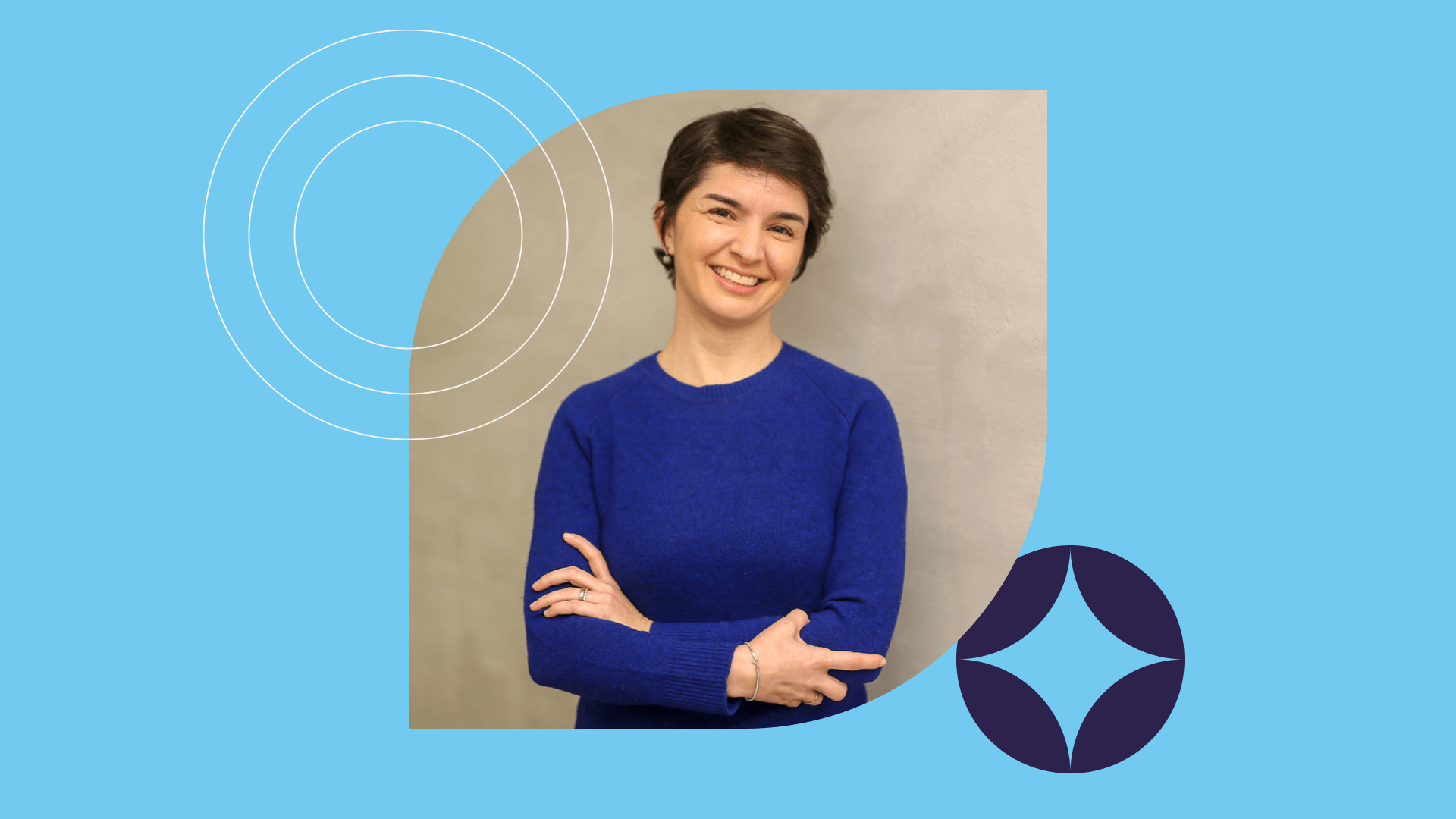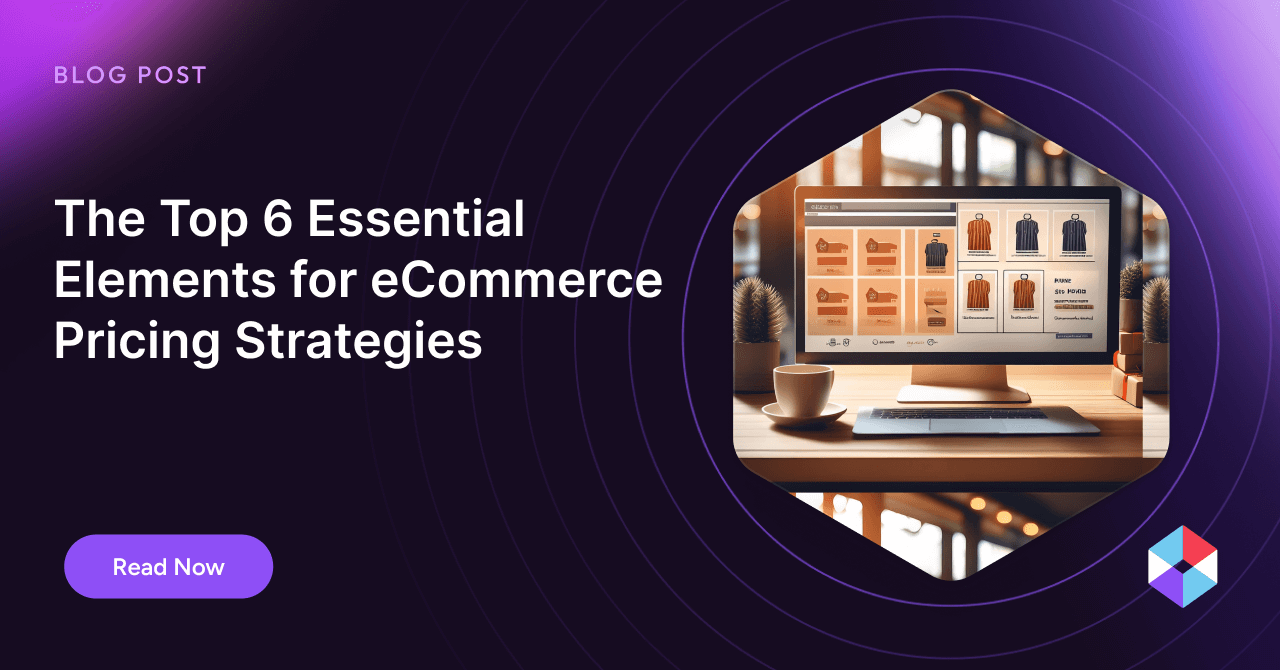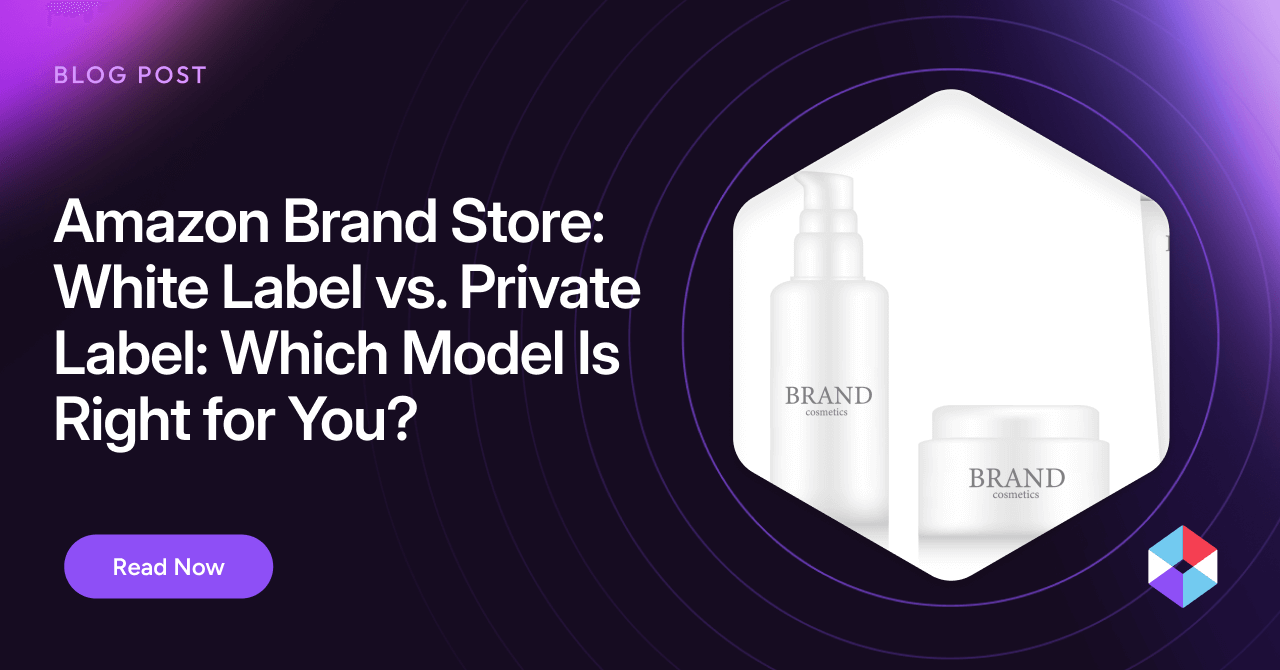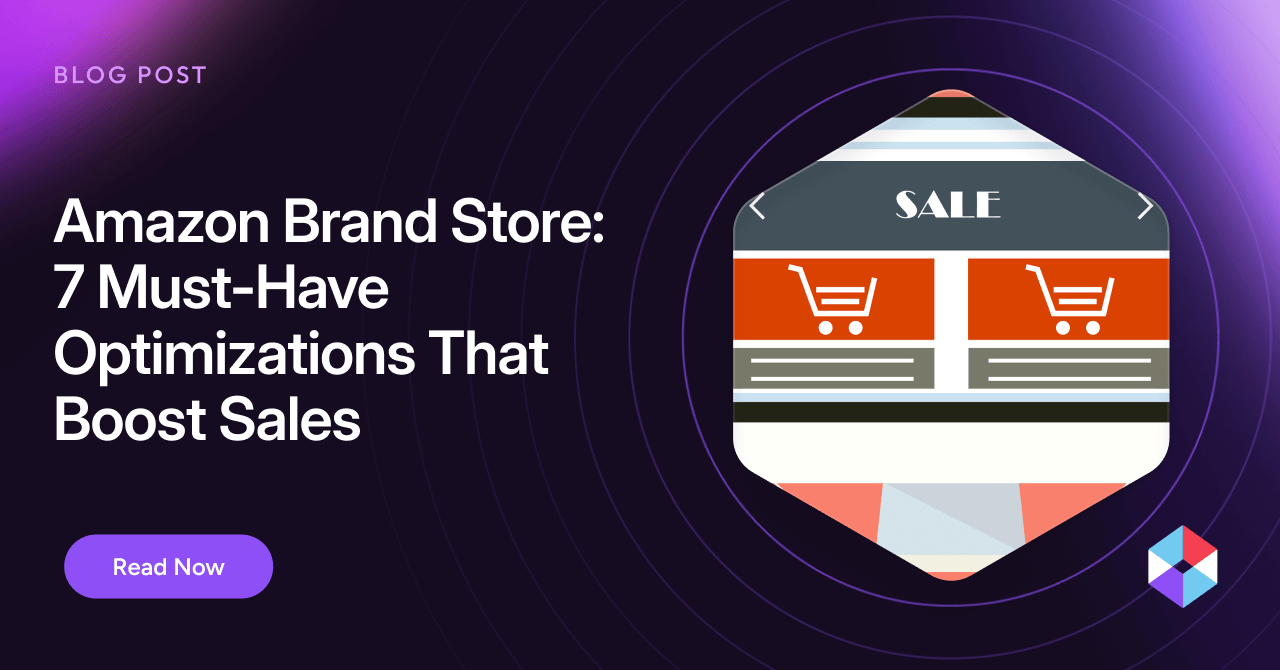From neuroscience to AI – revelling in the replication of neural networks in AI solutions
Ana Turchetti-Maia recently joined Noogata as a Senior Customer Success Manager. Ana spent the first 20 years of her career as a scientist, specializing in neuroscience, and then made the shift to AI two years ago. She is working with our customers to support their efforts to leverage AI to drive better business outcomes. On the surface, the jump seems huge, so she sat down with Fleur Sohtz, our Chief Revenue Officer, to tell us a little about how she got here and where she thinks her two career paths overlap.
Q: So… how did your experience in neuroscience lead to a move into AI?
A: I’ve always been interested in the brain and neural circuits, particularly how they process information and convey behaviour. I started out in biology, and over time focused on neuroendocrine circuits then neuronal processing. All of this led naturally to an interest in behaviour and how it can potentially be affected and predicted based on our understanding of the nervous system.
During my postdoctoral studies at the Hebrew University of Jerusalem, our group worked not just on unveiling mechanisms of behaviour, but also with bio-inspired robotics. Artificial Intelligence is inspired by what happens in the natural world. Nature has been perfecting the best adapted organisms, and it would be a terrible waste not to use such knowledge. So, although the leap from natural sciences to AI can sound odd to some, it makes perfect sense to me!
Of course, being a neuroscientist also set me up in another way to work in AI – the magnitude of data we work with in neuroscience is huge and as a result, you essentially become a data scientist because you need to work with, and process and analyse, huge amounts of data. That experience and skill set is useful when bridging the gap between the development of our products by R&D to customers, and understanding the use cases.
Q: What do AI and the study of neural circuits have in common?
Ultimately, AI has a biologically-inspired programming paradigm that mimics some of the architecture of the nervous system. Neural plasticity is the ability of neural networks within the brain to change and adapt. It’s what allows us to learn new skills. Machine learning has the ability to replicate plasticity in order to adapt to new data patterns and then make more accurate predictions, similarly to what happens in the nervous system. As a neuroscientist, I am fond of the efficiency of plasticity – in fact, I consider adaptability to be one of the most beautiful traits in nature.
Q: What excites you about working in AI?
It is exciting that AI models improve with time. I’m constantly amazed by the technology and by what humans have been able to build so far.
It’s clear to me that AI is here to stay and will intrinsically impact so much of what we do. It can be used in so many ways and it has already had a huge impact in businesses by solving some of their many pain points with the use of AI solutions. The importance of good data, however, cannot be underestimated. Good data hygiene – ensuring a consistent and accurate dataset – makes a huge difference to the implementation of AI, and most organizations are truly starting to see this and apply it to their business processes.
Q: There are so many businesses working on AI solutions, what attracted you to Noogata?
At Noogata, we have a very pragmatic approach to AI: we have created a no-code platform that allows the user to get data in and out in a simplified way. The tools we provide our customers allow them to easily make data-driven decisions, which I think makes them so compelling. Besides, enterprises can accelerate AI adoption by using a technology with modular architecture that can adapt to different circumstances, in a very scalable way.



